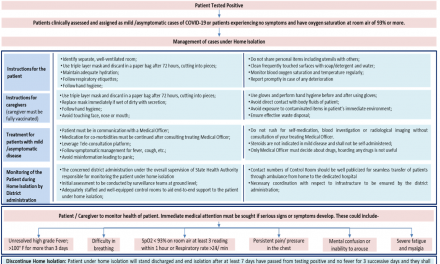A groundbreaking study led by the University of Exeter has found a potential link between specific mouth bacteria and the increased risk of Alzheimer’s disease. The research, published in PNAS Nexus, uncovered compelling evidence that certain bacterial populations in the mouth are associated with cognitive health, suggesting they may influence memory, attention, and overall brain function.
The research identified two distinct groups of bacteria: beneficial bacteria that are linked to better memory and cognitive performance, and harmful bacteria that are associated with an increased risk of Alzheimer’s. Specifically, scientists noted that bacteria from the groups Neisseria and Haemophilus were found to be more abundant in individuals who performed better on memory and attention tests. These individuals also had higher levels of nitrite in their mouths, a substance linked to improved brain health.
Conversely, the study revealed that higher levels of Porphyromonas bacteria were more prevalent in individuals with memory problems, while the bacteria Prevotella was associated with lower nitrite levels. Researchers suggest that the imbalance in bacterial populations might impact brain health by interfering with the conversion of nitrate, found in vegetable-rich diets, into nitric oxide, a vital chemical for brain communication and memory formation.
The study, which was supported by Wellcome and part-funded by the National Institute for Health and Care Research (NIHR) Exeter Biomedical Research Centre, highlights an intriguing possibility for early detection of cognitive decline. Dr. Joanna L’Heureux, lead author of the study, emphasized the importance of routine dental checkups that could potentially serve as an early warning system for Alzheimer’s disease. “Our findings suggest that some bacteria might be detrimental to brain health as people age. It raises an interesting idea for performing routine tests as part of dental checkups to measure bacterial levels and detect very early signs of declining brain health,” said Dr. L’Heureux.
Mild Cognitive Impairment (MCI), a condition in which memory and cognitive functions decline more rapidly than expected with normal aging, is often seen as a precursor to Alzheimer’s disease. Approximately 15% of older adults experience MCI, making it a significant risk factor for dementia.
The study involved 110 participants, aged over 50, from an ongoing UK-based study called PROTECT, which tracks the brain health of more than 25,000 middle-aged individuals. Participants were divided into two groups: one group with no cognitive decline and the other with MCI. By analyzing mouth rinse samples from the participants, the researchers were able to investigate the bacteria populations and their relationship with cognitive health.
Co-author Professor Anne Corbett, from the University of Exeter Medical School, noted the profound implications of the research. “If certain bacteria support brain function while others contribute to decline, then treatments that alter the balance of bacteria in the mouth could be part of a solution to prevent dementia. This could involve dietary changes, probiotics, oral hygiene routines, or even targeted treatments,” she explained.
As scientists continue to explore the complex relationship between oral health and brain function, this study opens the door to new preventive measures and treatments aimed at preserving cognitive health and preventing dementia.
Disclaimer: The findings from this study are preliminary and further research is needed to confirm the role of mouth bacteria in Alzheimer’s disease. This study does not claim to offer definitive solutions for preventing or treating Alzheimer’s disease. Always consult a healthcare professional for medical advice.












